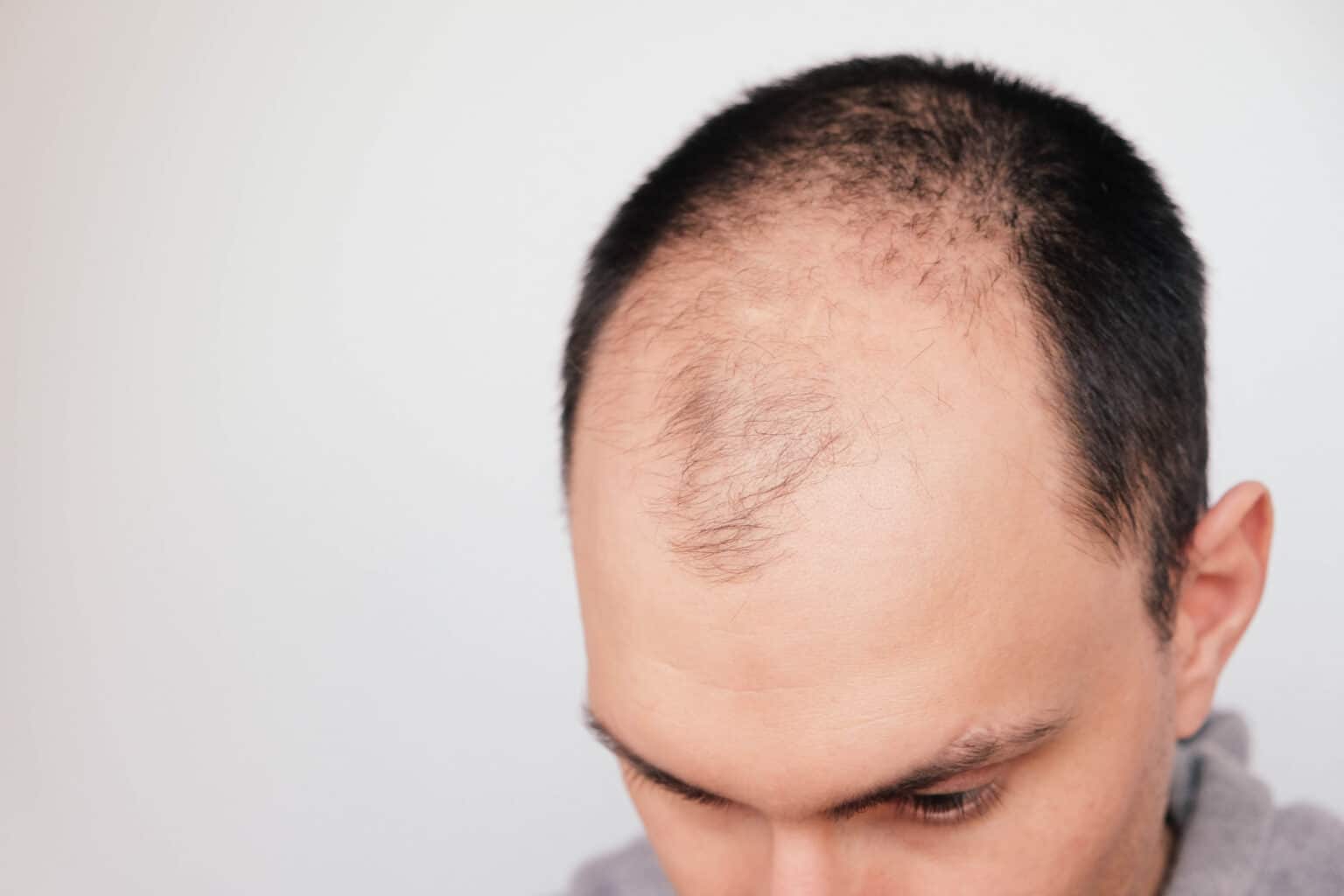Hair loss can feel like it’s written into your DNA, especially if you have a family history of thinning hair or baldness. But genetics is not the whole story. Lifestyle factors play a big role in how healthy your hair follicles stay, how the hair growth cycle functions, and whether you notice more hair falling out than usual. Understanding what contributes to hair loss beyond genetics helps you take control and protect your hair’s health for the long term.
The role of genetics in hair loss
Genetic factors are one of the leading causes of pattern hair loss. Male pattern baldness and female pattern hair loss, also known as androgenetic alopecia, are hereditary conditions that affect the way hair follicles shrink over time. This leads to thinner hair, a receding hairline, or permanent hair loss in some areas. While hereditary factors are important, they are not the only reason hair loss occurs. Lifestyle choices, environmental factors, and health conditions can accelerate hair loss or make it worse.
How lifestyle factors contribute to hair loss
Stress and its impact on hair health
Chronic stress is one of the biggest lifestyle factors contributing to hair loss. Stressful life events can push more hair follicles into the resting stage of the hair growth cycle, a condition known as telogen effluvium. This causes more hair to shed at once, making thinning hair more noticeable. Stress can also cause hormonal imbalances that further damage hair follicles and accelerate hair loss. Managing stress with healthy routines, relaxation, and stress management techniques supports healthy hair growth.
Nutrition and hair’s health
Poor nutrition weakens healthy hair follicles and can lead to thinner hair. A balanced diet rich in protein, iron, zinc, vitamin D, and essential fatty acids supports healthier hair growth. Without these nutrients, the hair follicle struggles to produce strong strands, and hair concerns like shedding or hair thinning become more likely. Eating well is one of the most effective lifestyle choices for promoting hair growth and overall health.
Hormonal imbalances and health conditions
Hormonal changes can contribute to hair loss in both men and women. Conditions such as thyroid disorders and polycystic ovary syndrome (PCOS) are linked to hair thinning and even female pattern baldness. Hormonal fluctuations after pregnancy or during menopause can also cause hair loss. In some cases, autoimmune disorders such as alopecia areata cause the immune system to attack healthy hair follicles, leading to sudden patches of hair falling out.
Environmental factors and hair care practices
Daily habits and environmental factors can damage hair follicles over time. Heat styling, tight hairstyles, chemical treatments, and harsh hair care practices weaken the hair shaft and cause further hair loss. Traction alopecia, for example, results from tight hairstyles pulling on the scalp. Environmental stressors such as pollution and oxidative stress can also impact hair health by damaging the scalp and accelerating hair loss.
Recognising when lifestyle factors worsen hereditary hair loss
If you already have hereditary hair loss, lifestyle choices can make the situation worse. For instance, poor scalp health, nutritional deficiencies, or chronic stress can speed up thinning hair in people already genetically predisposed to male baldness or female pattern hair loss. Taking steps to support healthier hair can help delay further hair loss and keep more hair for longer.
Supporting healthy hair growth
While hereditary hair loss cannot be fully prevented, lifestyle changes and appropriate treatments can help combat hair loss and promote healthier hair growth. Focusing on scalp health, eating a balanced diet, managing stress, and avoiding harsh hair care practices all make a difference. For those with ongoing hair concerns, options such as topical treatments, low-level laser therapy, or medical treatments may help protect healthy hair follicles and encourage more hair growth.
Taking control of your hair health
Hair loss can feel overwhelming, especially if you notice a receding hairline, thinning hair, or shedding after a stressful life event. But you are not powerless. Lifestyle factors beyond genetics can significantly impact hair’s health and either damage hair follicles or protect them. By making healthier lifestyle choices, managing stress, and seeking appropriate treatments, you can support your hair growth cycle and maintain healthier hair for longer.
Regrow is an Australian hair care company dedicated to helping you on that path. Our formulas are made with high-purity botanical ingredients designed to block the production of DHT, improve scalp health, and stimulate blood flow to encourage healthier hair growth. Our mission is to promote prevention and early intervention, so you can manage hair loss and scalp concerns before they become more advanced. With Regrow, supporting your hair’s health is a natural and achievable step.
